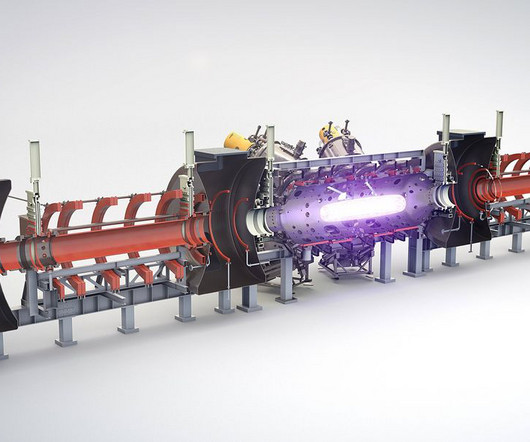Wisconsin Researchers Devise Process to Convert Biomass Intermediate Product into Drop-in Transportation Fuels Without Use of External Hydrogen or Precious Metal Catalysts
Green Car Congress
FEBRUARY 26, 2010
Reaction pathways for conversion of GVL to butenes and CO 2 , and the integrated conversion of GVL to both a liquid stream of alkenes for use in transportation fuels and a gaseous stream rich in CO 2 that is appropriate for further processing options. Dumesic (2010) Integrated Catalytic Conversion of ?-Valerolactone Science Vol.
















Let's personalize your content